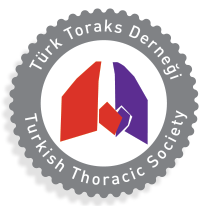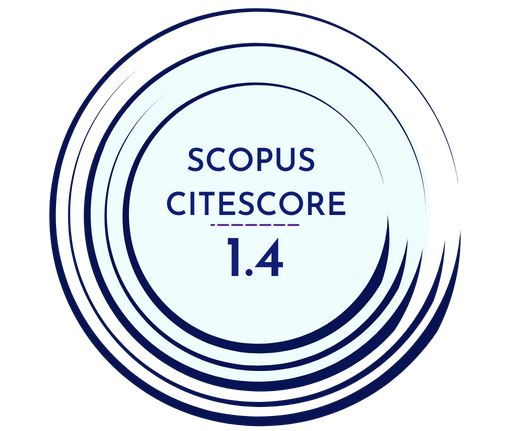Abstract
OBJECTIVES: Primary ciliary dyskinesia (PCD) is a major cause of progressive lung disease, and physiological measures do not reflect the impact of the disease on patients’ daily symptoms or physical and social functions. We need valid and reliable health-related quality-of-life (HRQOL) measures in PCD to assess the symptoms and daily functions from the patient’s perspective. Our aim was to develop a Turkish translation of PCD-specific HRQOL questionnairre to be used as outcomes in clinical trials.
MATERIAL AND METHODS: This study was conducted at the Division of Pediatric Pulmonology, Hacettepe University Faculty of Medicine and the Division of Pediatric Pulmonology, Marmara University Faculty of Medicine. Forward and back translations were performed by three different translators. We recruited participants with PCD from different age groups of both sexes, with an aim to represent a wide spectrum of disease severity and performed the prototype of the translation in these participants.
RESULTS: Five participants from each age group [children (6-12 years), teenagers (13-17 years), adults (18+ years) and parents of children aged from 6 to 12 years] responded to the HRQOL questionnaire. Content analysis of the questions included the following domains depending on age: Respiratory Symptoms, Physical Functioning, Emotional Functioning, Treatment Burden, Ears and Hearing, Sinus Symptoms, Social Functioning, Role Functioning, Vitality, Health Perceptions, School Functioning, Eating and Weight. After the participants have completed the questionnaire, a cognitive debriefing interview was conducted with them, and the results of the interviews were used to form a final version of PCD-specific HRQOL, ready for formal validation.
CONCLUSION: A Turkish translation of PCD-specific HRQOL questionnaire was developed to meet the standards set by international guidelines. This questionnaire is expected to be useful as end points in clinical trials for monitoring health outcomes and for improving clinical decisions.



.png)
